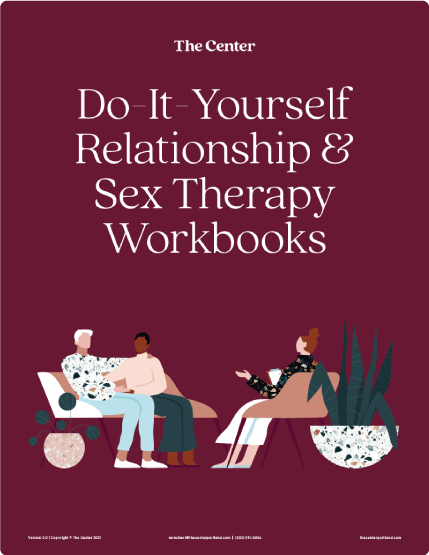Infidelity can feel like a devastating blow to your relationship. You might wonder if your partnership can survive and if you can ever have a healthy, happy relationship again. The good news is that it’s possible, but it takes time, effort, and commitment from both partners to rebuild trust and connection.
Can Your Relationship Survive Infidelity?
Studies show that many couples choose to stay together after an affair, but the road to recovery is definitely not easy. If you and your partner have decided to work on your relationship after infidelity, it’s important to know that healing will take time and patience.
First, the partner who stepped outside of the relationship must have ended all contact with the person outside the relationship, and both of you must be ready to put in the work to move forward.
Infidelity doesn’t just affect the person who was betrayed. It impacts both partners and the relationship as a whole. You’ll need to acknowledge the pain and hurt this has caused, not just try to get past it.
Healing from infidelity is a process, and like grief, it comes in stages.
There will be times when you think you’ve moved on, only to be triggered by something that brings the hurt back.
Both partners must focus on managing their mental health. It’s common for the betrayed partner to experience anxiety, depression, or even PTSD. With unaddressed or untreated mental health concerns, you won’t be able to properly begin the process of healing and recovery after infidelity.
In an ideal situation, both individual and couples therapy are recommended. Working on yourself is just as important as working on the relationship.
The Gottman Method, a well-known approach to couples therapy, suggests 3 stages for recovery after infidelity: Atonement, Attunement, and Attachment. Let’s look at how you can work through these stages together.
Atonement
Acknowledge the Problems
First, it’s important to recognize that while problems in your relationship might have existed, they did not cause the infidelity. But these problems do need to be addressed to prevent future issues. During the atonement phase, the partner who was unfaithful must acknowledge their behaviors and make amends. Openness is critical during this stage.
There can be no more secrets, no hidden passwords, and no more hiding anything from each other. Healthy boundaries must be set up so that trust can be built up again.
Attunement
Build Healthy Communication Skills
Defensiveness is a major roadblock in the healing process. During the attunement phase, both partners will work on leading with vulnerability and allowing the other to see into the others inner world.
It’s natural for both partners to feel defensive, but progress can’t be made if this becomes the focus of your conversations. Practice active and reflective listening when communicating with your partner. This means really hearing what your partner is saying, repeating it to your partner to ensure you understand correctly, and avoiding assumptions.
Attachment
Rebuild Emotional and Physical Intimacy
Rebuilding emotional intimacy is just as important as rebuilding physical intimacy. Spend quality time together and make space for conversations that aren’t about the “event”. Laugh together, go on dates, and rebuild your friendship. This will make it easier when you do have to tackle the tough conversations.
Physical intimacy may take time to feel right again. It’s okay to take it slow and listen to each other’s needs. Be patient, and don’t rush the process. It’s important to stop if something doesn’t feel right.
Work on Rebuilding Trust
Trust is the foundation of any relationship, and after infidelity, it can feel shattered. Both partners have to work on rebuilding this trust. The partner who had the affair needs to trust that their partner truly forgives them, while the betrayed partner needs to trust that their partner is genuinely sorry and is making the necessary changes.
Focus on the Future
While it’s important to acknowledge the past and learn from it, your focus should be on the future. Think of this as an opportunity to create “Relationship 2.0.”
Work on your communication skills, partnership, and conflict resolution abilities. By doing this, you can build a stronger, healthier relationship that might be even better than before. With better communication, more openness, greater trust, and deeper intimacy, you can move forward together.
Healing after infidelity is challenging, but it IS possible.
The work you put into your relationship can make it stronger than ever. If you’re ready to take the first step toward recovery, consider scheduling a consultation with us. We’re here to help you navigate the complexities of infidelity and rebuild a healthy, trusting relationship.







